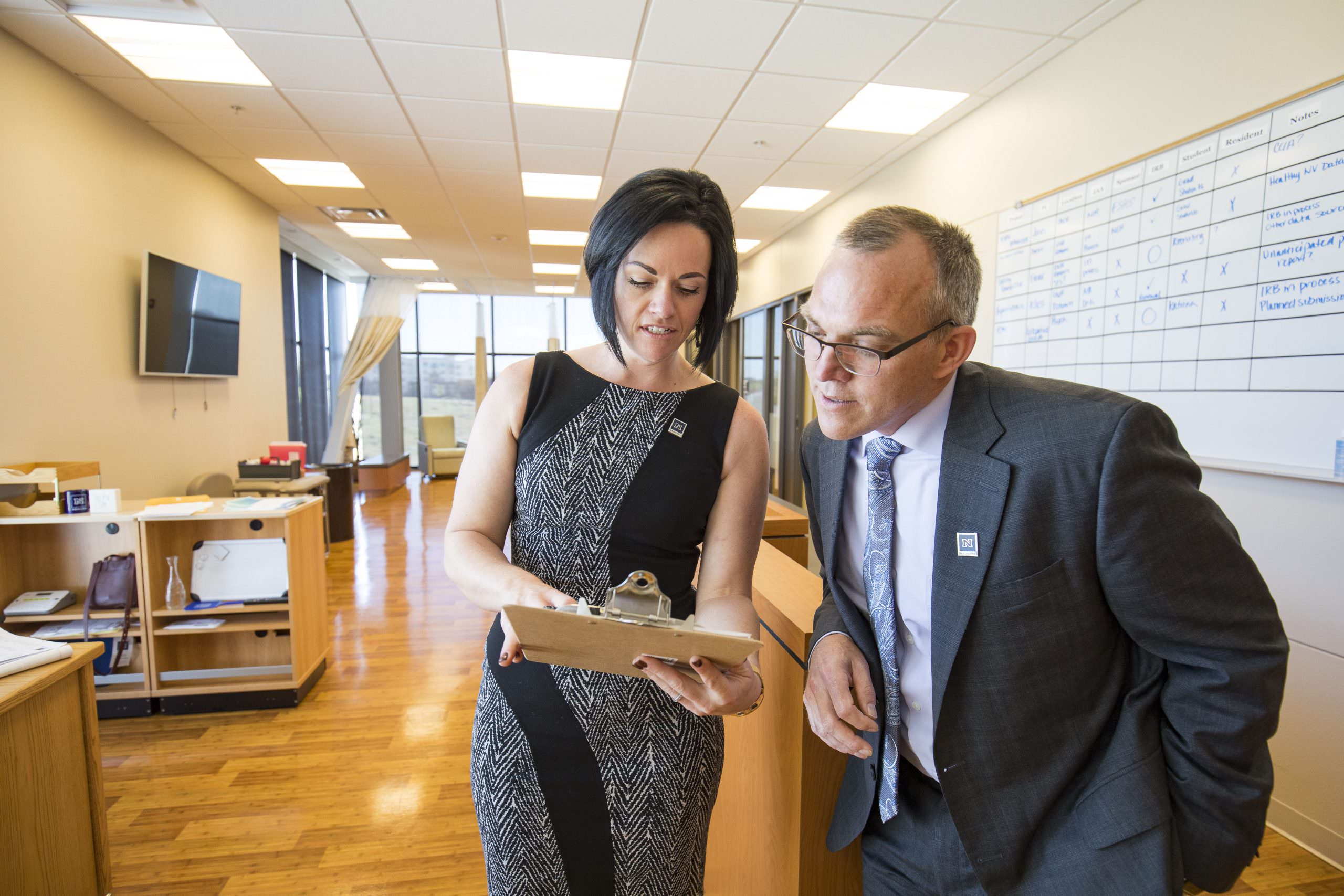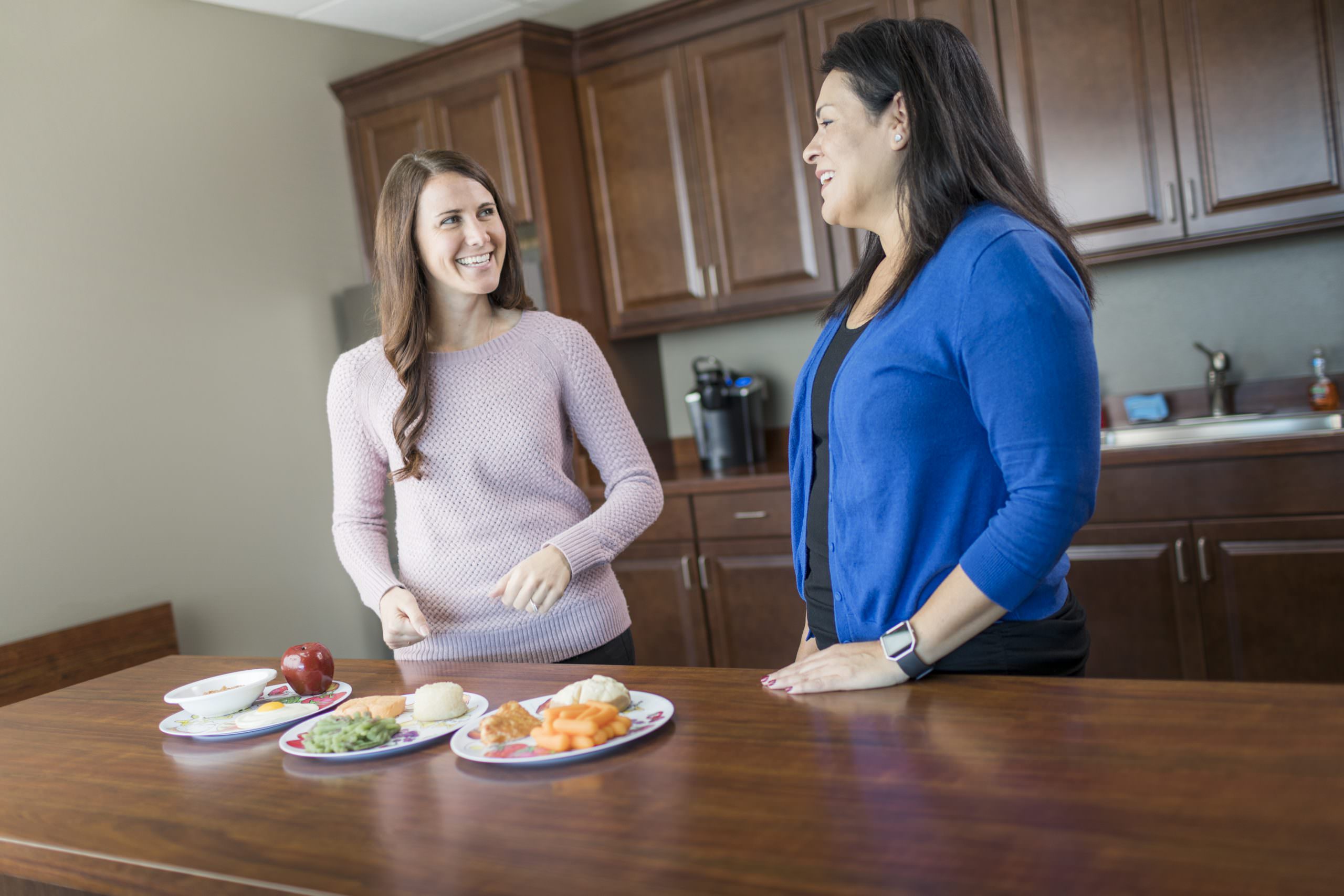How managing stress and adopting healthy eating and lifestyle patterns are critical to our minds and bodies
Written by Ashley Johnson
During these difficult times, with their unprecedented challenges and unfamiliar rules, our health and wellbeing should take center stage. The combination of the shift to remote work with less physical activity and the adoption of bad eating patterns is changing our bodies, inside and out.
A recent article in The New York Times takes a deeper look at the role stress plays in our bodies. Not only do stress, traumatic events, and lifestyle changes trigger internal physical changes, but they can cause problems with our gastrointestinal systems and how we digest food.
Mark S. Riddle, M.D., a doctor of public health and associate dean of clinical research at the University of Nevada, Reno School of Medicine, explains the different types of stress and how each one affects the GI system.
“GI problems are really common in the population, and stress is a component of those,” he says.

Mark S. Riddle, M.D., associate dean of clinical research, at University of Nevada, Reno’s Center for Clinical Research
Stress on the Body
Acute stress, typically identified as the fight or flight mechanism, releases hormones that essentially shut down the stomach and lead to bloating, cramping, and nausea. Alternatively, chronic stress can have similar effects that result not from the release of hormones but from food and liquids that leak from your gut and intestines. This happens when the linings of the intestines become compromised, allowing bacteria to pass through that barrier into the body. Over time, this can lead to inflammation and other GI problems. More importantly, stress can alter our microbiome, or the composition of bacteria and microorganisms in our intestines. Changes in the microbiome affect our immune systems, chronic low-grade inflammation, and bacterial absorption of nutrients, and they can lead to diarrhea, gas, and other gut issues.
“Chronic GI problems are common; we don’t understand exactly the cause of everybody’s problems, but there are treatments out there that can be tried and work for you,” Riddle says.
It’s important to be cognizant of these changes and notice any negative patterns. Emotional eating, or stress eating, caused by overwhelming feelings of uncertainty has increased since quarantine began. Often, people reach for quick and easy solutions, which tend to be junk food. If you notice you are not exercising as much, it’s important to build that into your daily routine. Dr. Riddle suggests using a calendar to set an appointment for a 15-minute walk so that it becomes part of your daily schedule.
“Life is stressful,” he says. “There are stresses in life and that can affect your gut. So do things that will relieve your stress, whatever that may be, whether it’s exercise, yoga … whatever you do that makes you, at the end of the day, feel less stressed.”

Managing stress is important and can prevent chronic health problems. Consistently exercising, getting enough sleep, and eating a well-balanced diet will help your body stay in equilibrium and ultimately affect your health overall.
“There are treatments for chronic GI problems. There are not only nutrition and exercise, but also things like cognitive behavioral therapy or hypnosis even have been shown to treat these chronic GI disorders,” Riddle says.
One tip Riddle recommends is drinking plenty of water. This forces you to get up more often to use the bathroom and move around. It also helps your body process and metabolize nutrients.
“I think what we’re seeing sometimes is people just aren’t doing their normal routines, so they’re not drinking the same amount of water that they usually drink,” he says.
Adopting Healthy Patterns
Caitlin Bus, a registered dietitian at Renown Health Intensive Cardiac Rehab, recommends sticking to an eating schedule in which you only eat when you’re hungry and keep yourself busy with non-food-related activities you enjoy that keep your hands busy without reaching for food.

From left, Caitlin Bus, registered dietitian, provides nutrition counseling to a patient. Photo courtesy of Renown Health
“Whether that’s listening to music, calling up a friend, or just getting outside and getting some fresh air, that can really help,” Bus says.
As more people experiment with new recipes at home and opt for comfort foods, Bus recommends investing that time in trying healthy new recipes. She recommends experimenting with substitutions for butter and sugar commonly found in baked goods recipes.
“One thing I like to use is either mashed banana or applesauce,” Bus said. “These can replace the fat in a recipe. They add moisture and natural sugars without adding refined sugars,” she says.
Substituting refined sugar with natural sugar — such as fruit, honey, or maple syrup — helps to reduce inflammation in the gut. Additionally, sugar alternatives such as stevia, Splenda, or monk fruit are easily accessible and cost effective. In addition to experimenting with new foods and recipes, some people have used quarantine as an opportunity to experiment with new diets such as keto, Sirtfood, paleo, and so on.
“A lot of diets imply that they’re just temporary, and you might see some results initially, but they’re hard to maintain long term,” Bus says. “The best option is to choose a well-balanced eating pattern that encompasses the healthy foods within all food groups.”
Ashley Johnson is a prolific freelance writer based out of Incline Village, with more than 10 years’ experience writing on topics such as health technology, mind and body awareness, and sports innovation.

